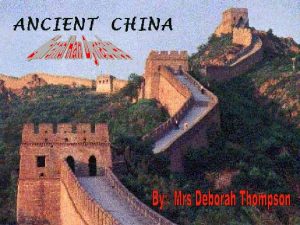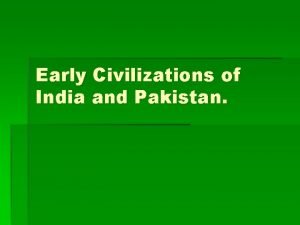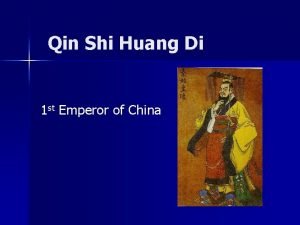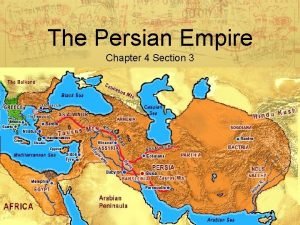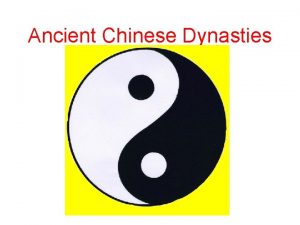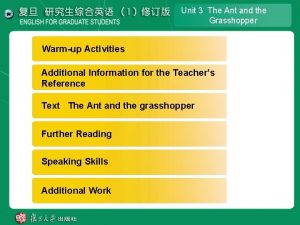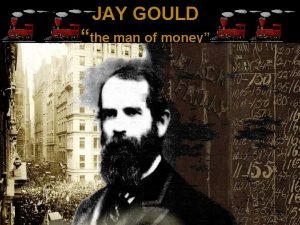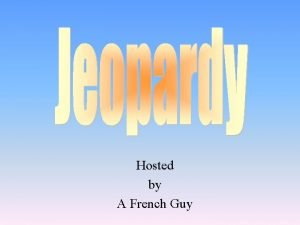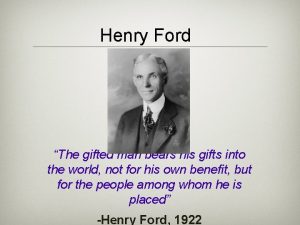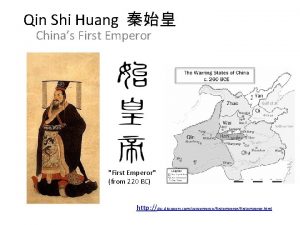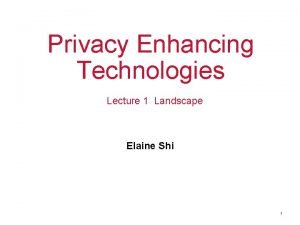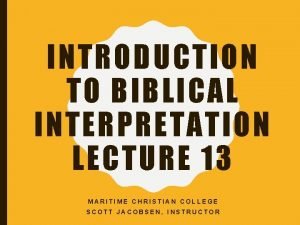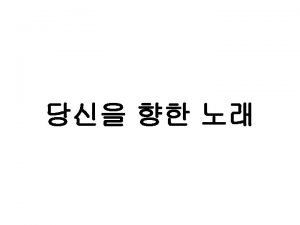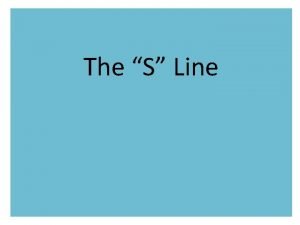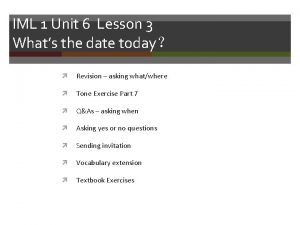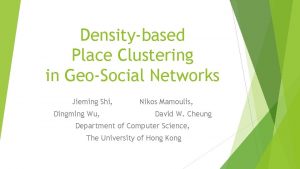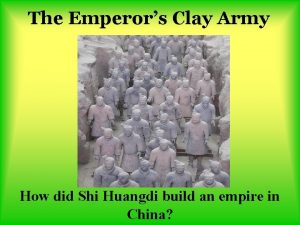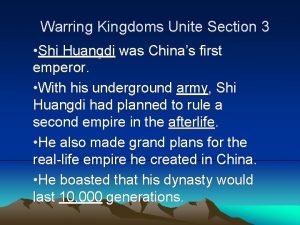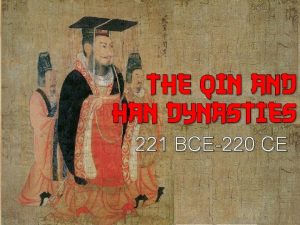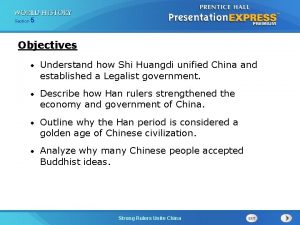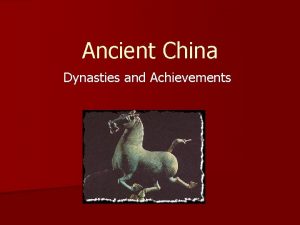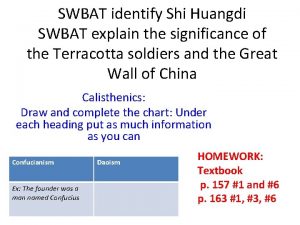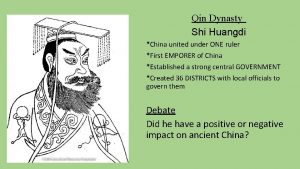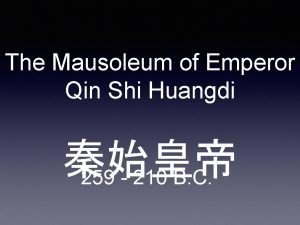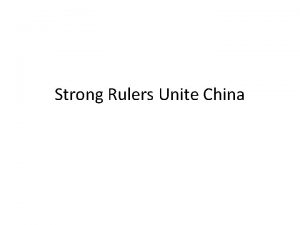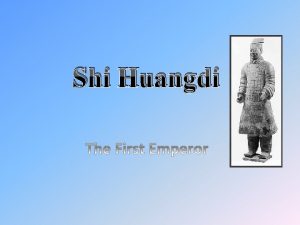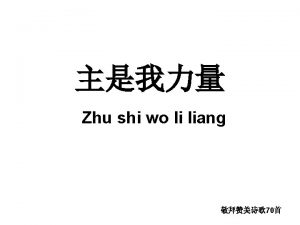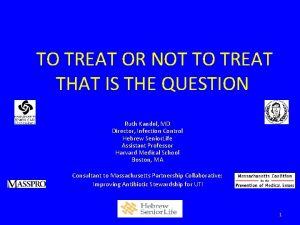Essential Questions How did Shi Huangdi treat people























- Slides: 23


Essential Questions • How did Shi Huangdi treat people who opposed him? • Under the Chinese civil service system, who could become government officials? • Summarize the differences in how Confucius, the Legalists, and Daoists viewed government. • Explain Yin and Yang. • Explain Legalism.

Classical China Three Schools of Thought Notes

Confucianism - Founder • Confucius – Lived from 551 to 479 B. C. E. which was during the Zhou dynasty – Lived in eastern China

Confucianism – Main Beliefs • Social order, harmony, and good government could be restored if society was organized around five basic relationships: – Ruler and subject – Father and son – Husband wife – Older and younger brother – Friend and friend

Confucianism – Main Beliefs • Children should practice filial piety, respect for their parents and elders – Still part of the general idea in Chinese culture today

Confucianism - Effects • Creation of a bureaucracy, a trained civil service, in China – Education became important to career advancement • The Analects was a collection of Confucius’ teachings and sayings • Spread beyond China, influenced civilizations all over East Asia

Daoism - Founder • Laozi – Believed to have lived in the 6 th century B. C. E.

Daoism – Main Beliefs • Natural order is more important than the social order • Human beings should live simply and in harmony with nature • True harmony comes from balancing the opposite forces of nature – Yin = “shadow” and Yang = “sunlight” • Everyone must discover the Dao, “the way”, for themselves

Daoism - Effects • Daoists made contributions to astronomy and medicine • Influenced Chinese thought, writing, and art • Encouraged rulers to rule less harshly

Legalism - Founder • Hanfeizi – Lived from 280 to 233 B. C. E. which was the end of the Zhou dynasty

Legalism – Main Beliefs • Highly efficient and powerful government is the key to social order • Governments should control thinkers and their ideas, and enforce strict laws with rewards for good behavior and harsh punishments for bad behavior • Rulers should have absolute power and be backed by the military

Legalism - Effects • The Qin dynasty seized control of China and admired Hanfeizi’s writings, they adopted strict Legalist ideas • Many people were put to death for disloyalty and other crimes

Classical China Chinese Empires Notes

Qin dynasty - Leaders • Qin Shihuangdi, “First Emperor of Qin” – Used Legalist ideas to control warring states and unify China – Used military might, spies, bribery, and alliances to conquer rival states – The Qin dynasty collapsed shortly after he died • Li Su, the prime minister

Qin dynasty – Life in the empire • Divided territory into 36 districts – Each had three officials who governed: • One controlled the army • Another controlled the laws and agriculture • The third reported to the emperor • Murdered hundreds of Confucian scholars and burned “useless” books • Standardized writing, law, money, weights, and measure to make trade easier

Qin dynasty – Great Wall of China • Built to protect the Qin dynasty from attacks by northern nomads • Took 10 years to construct the 1, 400 miles of wall • Made of layers of earth pounded into wooden frames that held everything together • 300, 000 men built it, some soldiers and some peasants who were forced to work


Han dynasty - Leaders • Liu Bang – A rebel who had gained control of the Han kingdom and conquered the Qin army • Empress Lü – Took over control when Liu died in 195 B. C. E. – She was one of his wives

Han dynasty – Government • Established a centralized government, a central authority controls the running of a state • Hundreds of commanderies, local officials of provinces, reported to central government • Lowered taxes, softened harsh punishments, moved away from Legalism • Civil service system, civilians obtain government jobs by taking examinations

Han dynasty - Accomplishments • Paper was invented in 105 B. C. E. , this made books cheaper and education spread • More efficient plow, iron tools, the wheelbarrow, watermills to grind grain • Government had monopolies on salt mining, iron forging, coin minting, alcohol brewing – Monopoly: complete control over the production and distribution of certain goods

Han dynasty - Accomplishments • Doctors discovered a type of wine that could be used as an anesthetic • Invented the seismography, which detects earthquakes, and the magnetic compass

Han dynasty - Decline • The gap between rich and poor increased due to land taxes • A series of inexperienced emperors replaced one another from 32 B. C. E. to 9 C. E. • In 220 C. E. the Han dynasty dissolved into three rival kingdoms
 Qin map
Qin map Civilization
Civilization Emperor qin quotes
Emperor qin quotes Boundaries meme
Boundaries meme The persian empire chapter 4 section 3
The persian empire chapter 4 section 3 How did cyrus treat the people he conquered
How did cyrus treat the people he conquered Huangdi the yellow emperor
Huangdi the yellow emperor Factors that helped the spread of christianity
Factors that helped the spread of christianity Class 10 english unit 3 the ant and the grasshopper
Class 10 english unit 3 the ant and the grasshopper How did jay gould treat his workers
How did jay gould treat his workers How did the scotch half breed treat the dogs
How did the scotch half breed treat the dogs How did henry ford spend his money
How did henry ford spend his money Characteristics of lipids
Characteristics of lipids Ethicsm
Ethicsm Qin shi huang ror
Qin shi huang ror Elaine shi
Elaine shi Shi vs tsu
Shi vs tsu A shi ra la do nai
A shi ra la do nai Zhuo shi wo li liang
Zhuo shi wo li liang Hiragana shi
Hiragana shi August shi
August shi Jin tian ji yue ji hao
Jin tian ji yue ji hao Jieming shi
Jieming shi Margaret shi
Margaret shi
